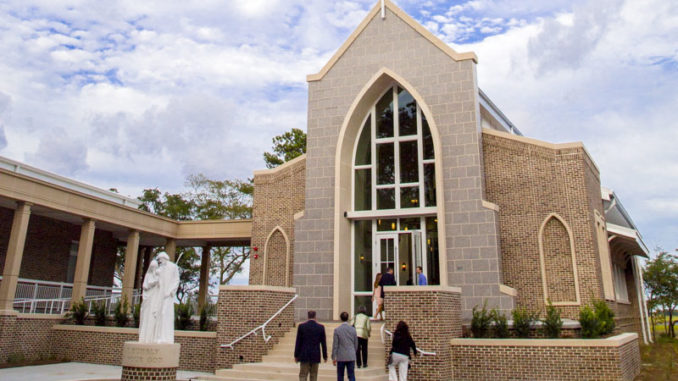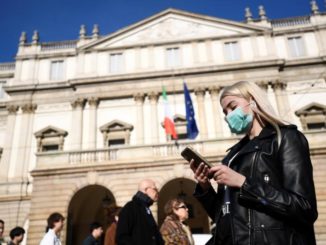
In these sudden uncertain times brought on by the coronavirus pandemic, news is coming at us all fast and furious, often via social media. And it can be hard to find out what is true and what is not.
On Monday, March 16, people across the country received text messages containing false information that the government was about to mandate a two-week national quarantine to combat the virus. The National Security Council has assured the public that this is a fake alert, and is being spread by a foreign disinformation campaign.
On some local news sites, people are going to the comment section and spreading rumors, including the false information that state and local governments in South Carolina are locking down borders and entire neighborhoods. This is not true. Other false information relates to where new cases of the virus have popped up or the number of people who have died.
In the midst of all this disinformation, it is helpful to remain calm and focus on facts. There are a number of reliable, non-partisan websites that people can turn to for news on COVID-19.
Some suggestions:
For credible and accurate news about the coronavirus and its effects nationwide and worldwide, visit the World Health Organization or the Centers for Disease Control and Prevention.
For information in South Carolina, check the government page for your city or county websites.
Another helpful source of information is the state’s Department of Health and Environmental Control (DHEC).
To find out how the novel coronavirus is affecting local parishes, visit your parish website or church’s social media page regularly.
The Diocese of Charleston is also updating regularly, with news that affects the diocese as a whole.



